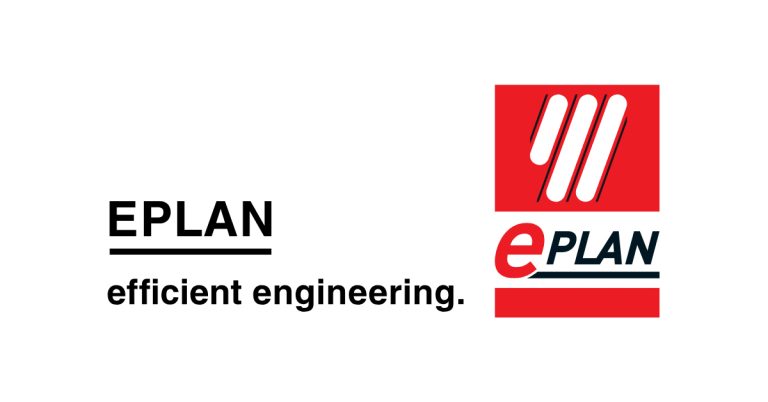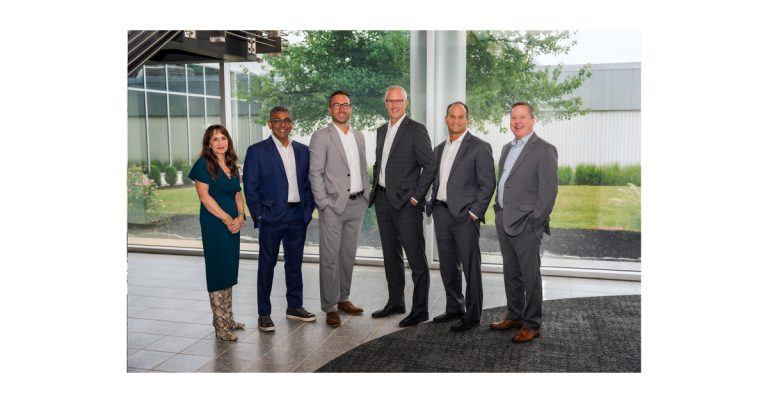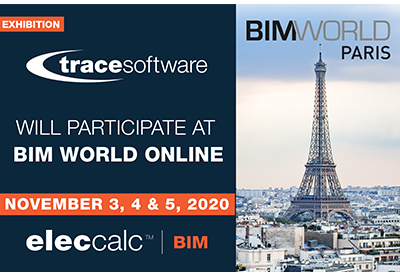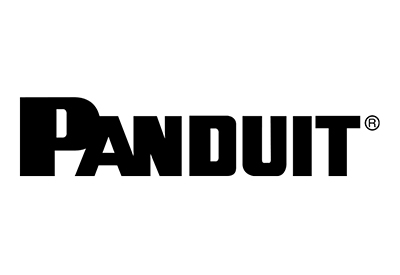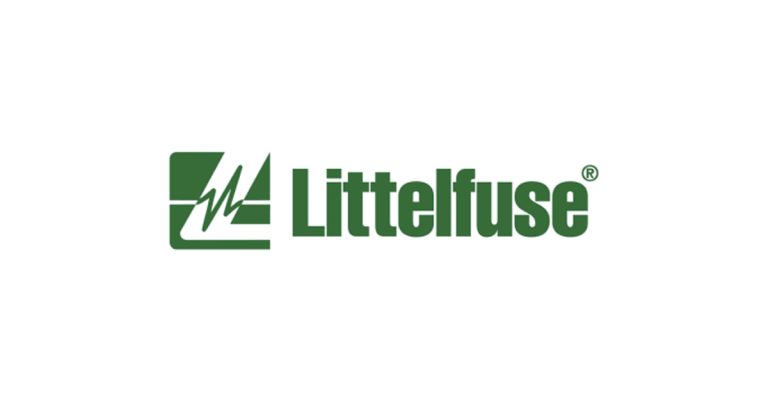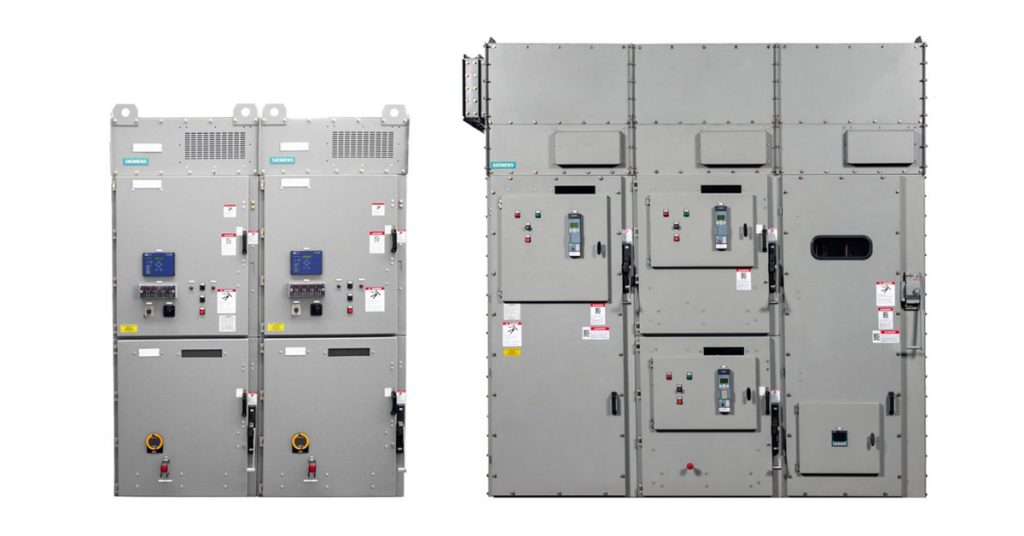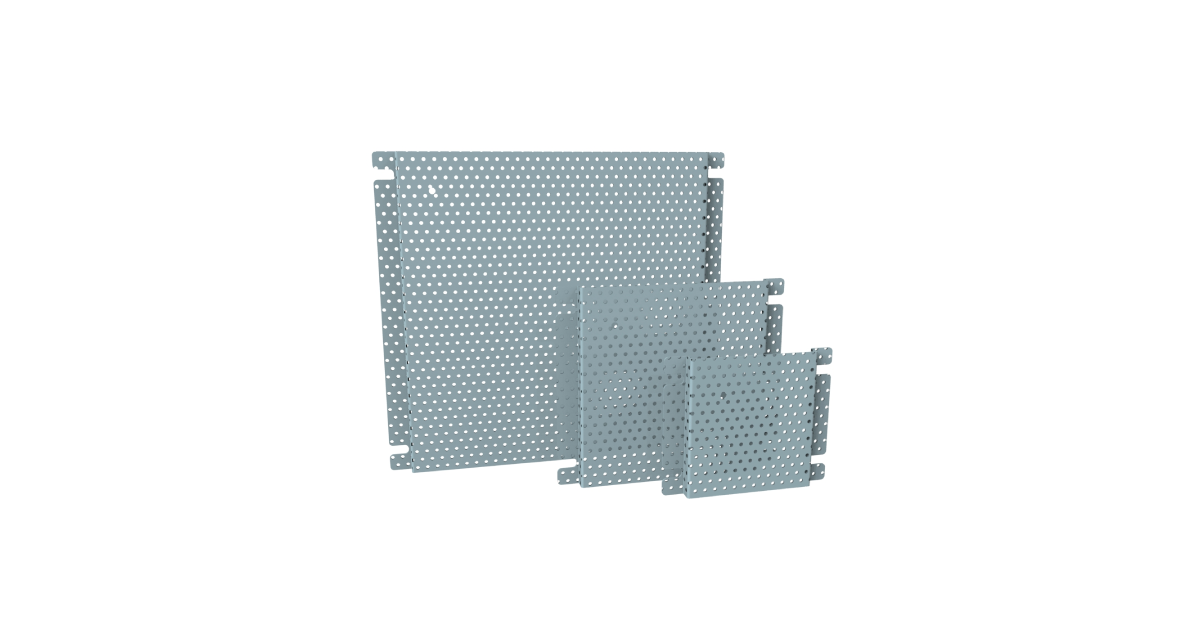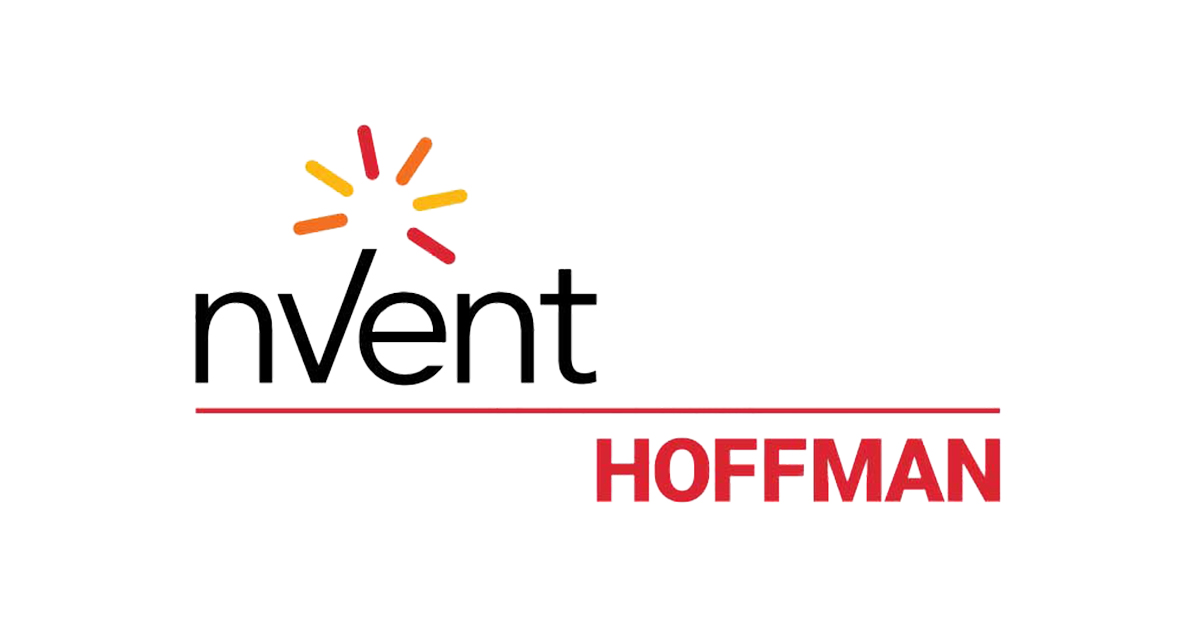HARTING Highlights Connectivity Solutions for Future Technologies
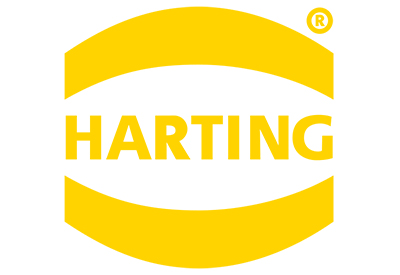
March 18, 2021
The HARTING Technology Group reaffirmed its commitment to the vision statement “we want to shape the future with technologies for people” at their digital press event on February 2, 2021. The focus on the event was the future, specifically the applications that HARTING sees as critical in the upcoming years. The Technology group highlighted both global developments and Americas-specific solutions in the fields of Industrial Automation, Energy and Data Center Infrastructure, E-Mobility and Railway sectors. Particular attention is being paid to the newly-coined term “Connectivity+”, emphasized Dr.-Ing. Kurt D. Bettenhausen, Board Member for “New Technologies and Development” at HARTING.
For the future, HARTING is focusing on the three global social megatrends of demographic change, (de)globalization and sustainability. These topics and closely related challenges lead us to technological megatrends such as modularization, autonomy, and digital twin technology. At the heart of these technological trends, the Technology Group sees fundamental requirements for the connectivity of the future as a necessary and unifying element. Specifically, these are key topics such as electromobility, DC power supply in industry and new ecosystems such as Single Pair Ethernet (SPE) in the field of industrial communications. “At HARTING, we are bringing these three topics together under the term Connectivity+,” emphasized Dr. Bettenhausen.
HARTING Global Update:
Ethernet is the most important communication standard in industrial automation
Ethernet has become the most important communication standard in industrial automation. With rising transmission rates, space-saving infrastructure, and new physical layers such as Single Pair Ethernet, IP-based networks are now also conquering the last remaining field-level areas. “HARTING is driving the development of innovative solutions forward for our customers, setting industry-wide standards via active committee work and bringing new technologies to market maturity in strong collaborations,” stressed Frank Wetzel, Global Director of Product Management for HARTING Electric.
Fast-lane developments in the energy storage market
The energy storage market has evolved extremely quickly over the last few years. Global focus on the environmental footprint has given overall developments an additional boost. Sustainable use of renewable energies can only be achieved through energy storage systems, as they enable time-delayed, demand-oriented use of the power produced by renewable energy. Connectors speed up the assembly and operation of energy storage systems based on battery modules. “HARTING has worked with its partners to develop various applications that have been successfully established on the market, making a significant contribution to sustainability,” said Andre Beneke, Director of Product Management for HARTING Electric. The Han S connector concept offers an optimal solution for the front wiring of energy storage systems, for example.
The HARTING Han S was covered extensively in the webinar “DC Energy Interface Connectivity Solutions” that is available on demand.
High-speed data transmission is an important trend in the railway industry
High-speed data transmission, weight reduction and the reduction of the CO2 footprint are major trends in the railway industry. The energy distribution sector is also undergoing a highly dynamic phase at the moment. Existing demands and requirements are changing, while new ones are being added. Power density is also increasing – and systems need to be more efficient. High currents and voltages must be transmitted safely. HARTING employs system concepts that cover these needs specifically.
With its “Railway Technology” web seminar series, HARTING showcases these system concepts for the major trends in the railway industry over the next few weeks as part of the HARTING Experts Camp.
Joint engineering with partners
Developing solutions in partnership is one of the core competencies of HARTING Customised Solutions and can take place in a wide variety of areas of industry. From integration in power supply units for decentralized drive technology to the design, manufacture and testing of wagon crossing cabling for the railway industry. “Joint engineering brings the strengths of all partners together. Together, we are creating efficient, sustainable and future-proof solutions,” said Matthias Wiehe, Director of Project Engineering for HARTING Customised Solutions.
HARTING Americas Update:
Partnership with MIT tackles key challenges in IIoT
One of the key focuses for HARTING is to be a leader in technology, and their partnership with MIT clearly exemplifies this. Dr. Vivek Dave explained how HARTING and MIT are working together to address four challenges faced when trying to apply machine learning to industrial environments.
Such challenges include: smaller data sets than other industries, complex processes that may change over time, and the challenge in capturing and translating human expertise into something a machine can overcome. Dr. Dave praised the work HARTING and MIT has already achieved together and underlined the importance of this partnership.
“Our partnership with MIT has allowed us to build on HARTING’s legacy of innovation and streamline the digital journey going from electrons to actionable insights to our customers,” Dr. Dave said.
HARTING continues to lead SPE implementation in Americas
HARTING Americas SPE Lead, McKenzie Reed, provided an update on local SPE developments starting in early 2020, when HARTING announced Single Pair Ethernet at the SPE Symposium. Following, HARTING Americas launched an IP20 version of the T1 connector, the standard mating face for Industrial Single Pair Ethernet. In 2020, HARTING also founded the SPE Industrial Partner Network and joined as a Principal Board Member of ODVA and was instrumental in developing the standard for Industrial Single Pair Ethernet.
Reed highlighted the next steps for HARTING in 2021 in regards to Single Pair Ethernet. In partnership with ODVA, HARTING plans additional product launches and projects. HARTING is currently seeing early proof of concepts using SPE connectors, cables, and unmanaged Ethernet switches. “We expect to see real devices utilizing HARTING SPE in the market as soon as the end of Calendar year 2021,” Reed emphasized.
Developing specifications for Power Shelf in Open Compute Project
Will Stewart, Sr. Industry Segment Manager also gave an update on how HARTING is supporting the Data Center market, a key industry especially in these unprecedented times. HARTING has been an important partner for the Enterprise Data Center companies for several years. Starting in 2016 with Microsoft’s Project Olympus, HARTING helped Microsoft simplify global supply chain and untangle a diverse web of power architectures that were used across the globe. They partnered with HARTING to develop a universal Power Distribution Unit that could be used anywhere in the world, choosing the HARTING Han-Eco for it’s size, ruggedness, and appearance. This significantly shortened Data Center deployment times.
HARTING announced that they are leading the development as lead author on the specification on the Power Shelf inside the Open Rack. “The design has been completed, and we expect that Open Rack version three will launch in early 2022,” Stewart said.
Local relationships and customization capabilities are critical
Director of Product Management for HARTING Customised Solutions in the Americas, Cory Jenkins, provided an update on the local subsidiaries recent successes, highlighting the company’s “in the region, for the region strategy” that so well positions them to support local markets.
One such success was with a large agricultural OEM, with whom HARTING was able to offer cutting edge electrification technology. HARTING’s team was able to perfectly marry their product development with the OEMs roadmap. Jenkins also identified Machinery as a key market for HARTING, specifically in the design of customized M8/M12 cordsets. “We see our customers as our partners. We like to get to know their engineering teams and work together to bring new technologies to the market,” Jenkins stated.
![]()

